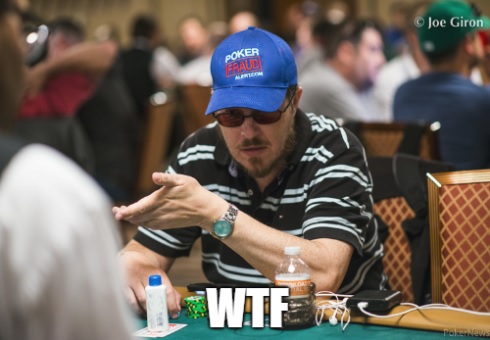In 1985, they announced that "Amazing Stories" would be on NBC that fall. I was very excited. I loved the premise of Steven Spielberg producing (and sometimes directing) an anthology-type show of horror, science fiction, and fantasy stories. Even better, tons of big Hollywood names signed on to participate in the project. It boasted famous actors, A-list directors, Steven Spielberg, a then-huge $1 million per episode budget....
They even had John Williams on board to do the opening and closing music. The opening theme, while a little heavy on the '80s computer graphics, promised to tell many cool stories about space, ancient times, ghosts, magic, computers, cavemen, and other awesome stuff.
The closing credits were a simple-but-elegant depiction of an American neighborhood at sundown, implying that this and other neighborhoods had just happily finished viewing the show in the early Sunday evening.
Seemed perfect. How could it possibly go wrong?
But it did.
Amazing Stories was an embarrassing flop. I got my brother (who was then 9) all excited to see it with me, and then.... "Ghost Train" happened. It was a really weird episode about an old man who caused a train wreck 75 years ago, and felt the train would come back for him one day. The story was confusing and odd, had little suspense, and there basically unsatisfying to watch, despite having been directed by Spielberg himself.
"Okay, that was disappointing," I thought. "But I'm sure this was just a bad first episode. I'm sure the good stuff is coming."
The next episode was arguably worse. An arrogant jock in high school suddenly gets magnetized. Yes, that was the plot. It ended with him being physically drawn to an ugly chick in school who had a crush on him, who also was magnetized.
Where was the magic? The cavemen? The aliens? The ghosts? The ancient mysteries?
I wondered if perhaps, at age 13, I just wasn't "getting it" like everyone else.
Turned out that I was indeed getting it. Amazing Stories was a mess, and nobody liked it. NBC had pre-ordered two seasons of it, so they rode it out, and then cancelled the show. I still watched every week, and occasionally there were some good episodes. Most ranged from bad to mediocre.
One valid criticism was that they were too afraid to be edgy, because of the early Sunday evening timeslot, and Spielberg's obsession at the time with the show being family friendly.
When it was cancelled, I was done with it, and didn't miss it at all. I moved on to "Max Headroom" -- another flop, which was at least good but a bit too far ahead of its time.
I always wondered what "Amazing Stories" could have been if they just stuck to what was originally planned -- a cool, high-budget anthology of fantasy stories.
Well, 35 years later, they took at shot at it:
This showed up on Apple TV on March 6. There are only 5 episodes. I haven't watched it yet.
At first, I was thrilled to see this, figuring that some '80s TV nerds like myself had the same idea -- that Amazing Stories could have been good, if done right, and set out to reboot it in the modern era.
However, upon reading the reviews, I see that they once again screwed everything up. According to the reviews, the writing is poor, the stories are not compelling, and they're oddly obsessed with cramming SJW messages down everyone's throats. These criticisms aren't just coming from right-wing propaganda sites. Even those on the left believe that the reboot is garbage, and that basically nothing was done right.
The SJW angle is sad to read about, because Amazing Stories was apolitical throughout its entire run, despite Spielberg's own left wing politics. Politics and social issues really have no place in a fantasy anthology series.
From what I'm reading, the first episode is okayish, but the second one was horrible, the third is okay, the fourth kinda sucks, and the fifth is okay. Here are the reviews of episode #2 on IMDB -- mostly being 1 out of 10: https://www.imdb.com/title/tt9134760/
In 2018, in the early development phases, respected writer Bryan Fuller (who worked a lot on the modern Star Trek series such as Deep Space 9) was tapped to write the pilot episode. He left due to "creative differences", as did executive producer Hart Hanson. I imagine that there's a good chance it would have been better if they stayed on.







 Reply With Quote
Reply With Quote